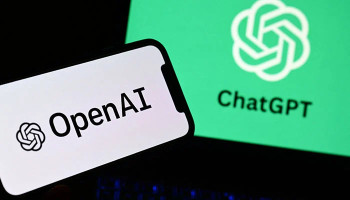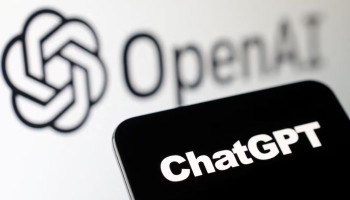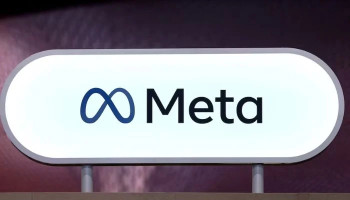
The dominance of Google Search may face a new challenge with the rumoured launch of ChatGPT Search next week. Developed by OpenAI, this new search engine leverages the capabilities of the popular ChatGPT language model, potentially shaking up the way users interact with online information.
Google Search has reigned supreme for over two decades, capturing a staggering 90% of global searches. However, OpenAI's foray into search could disrupt this dominance. Unlike traditional search engines, ChatGPT Search is rumoured to be based on a question-and-answer format, utilising natural language processing to understand user intent and provide more conversational responses.
Read more: Google launches Gemini, its ‘most capable’ AI model to rival ChatGPT
While details remain scarce, some speculate that ChatGPT Search could integrate seamlessly with existing ChatGPT functionalities, potentially offering a more holistic search experience. Imagine asking a question about a historical event and receiving a comprehensive response that includes relevant text snippets, images, and even video explanations.
This shift towards a more interactive and user-friendly search experience could pose a significant threat to Google's current model. Google's reliance on keyword-based searches might seem dated compared to the natural language capabilities offered by ChatGPT Search.
However, Google isn't sitting idle. The company has been quietly developing its own large language models, with rumours suggesting a potential competitor to ChatGPT Search in the works.
The launch of ChatGPT Search next week marks the beginning of what could be a fierce battle for search engine dominance. Whether OpenAI's innovative approach resonates with users and challenges Google's established position remains to be seen. One thing is certain — the future of search is likely to become more interactive, conversational, and perhaps even a little more human-like.
















